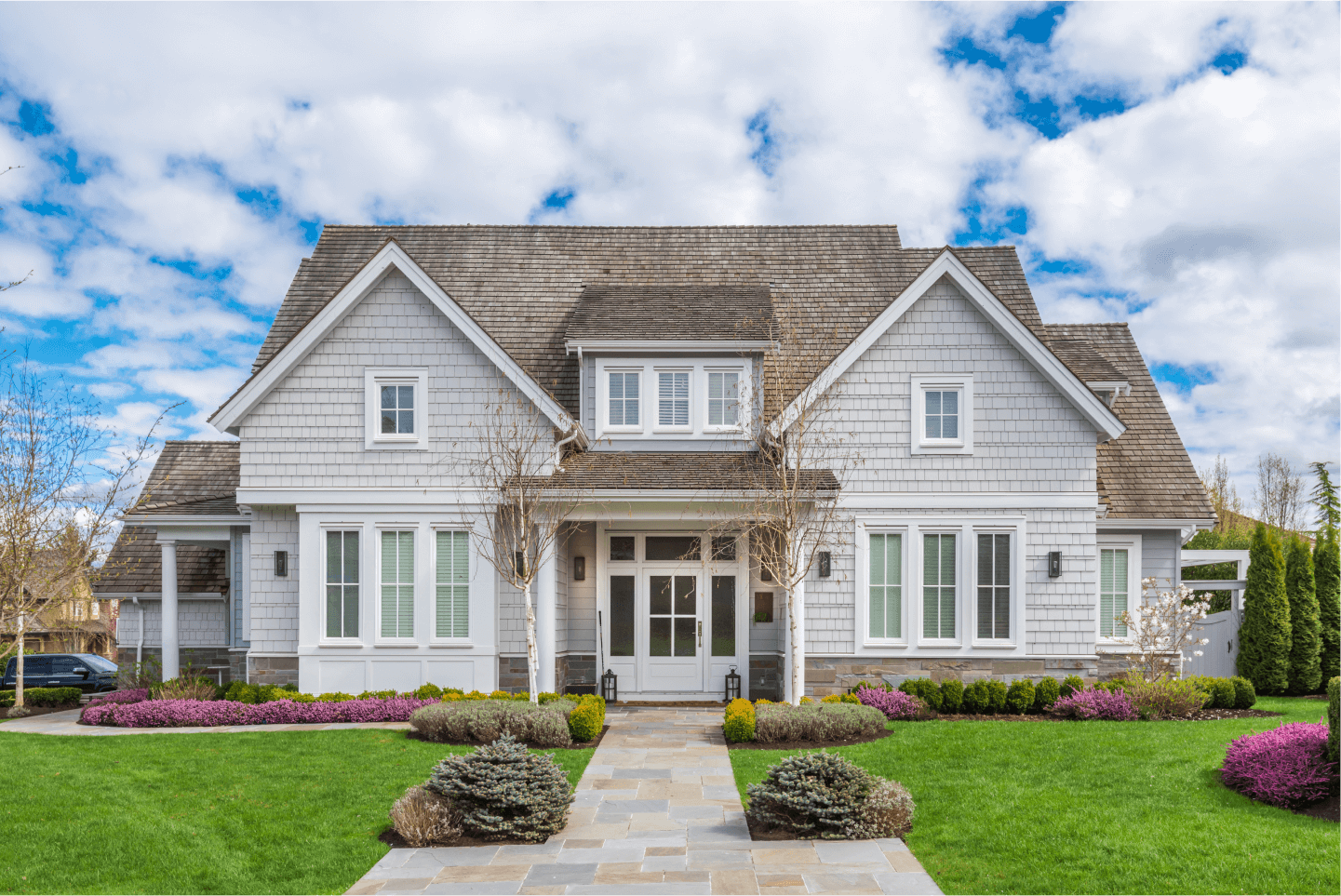Investment Property Loans vs. Traditional Mortgages: What You Should Know
Navigating the distinct worlds of investment property financing and traditional mortgages requires understanding crucial differences in qualification requirements, down payment expectations, and documentation needs. While traditional mortgages focus on your personal financial profile, investment property loans—including specialized options like DSCR programs—often evaluate the property's income potential rather than solely relying on borrower income. Discover how these fundamental differences affect your financing options and learn which approach aligns best with your real estate goals and financial situation.

Understanding the Key Differences
When exploring mortgage options, it's essential to understand the fundamental differences between investment property financing and traditional mortgages. This is particularly important as mortgage decisions directly impact your financial stability and well-being.
Purpose and Qualification Process
Traditional Owner-Occupied Mortgages:
- Designed specifically for primary residences where you personally live
- Qualification based primarily on your personal financial profile
- Focus on debt-to-income ratios and personal credit history
- Lower interest rates compared to investment options
Investment Property Loans
- Created for properties purchased primarily as investments
- May qualify based on property performance metrics
- Some programs evaluate the property's income potential rather than just personal income
- Typically carry higher interest rates reflecting increased lender risk
Down Payment Requirements
Traditional Owner-Occupied Options:
- Conventional loans: As low as 3% down payment
- FHA loans: Minimum 3.5% down payment
- VA and USDA loans: Zero-down options for qualifying borrowers
- Lower down payments available due to decreased default risk
Investment Property Financing:
- Typically requires 15-25% down payment
- Higher cash reserves often required
- Down payment requirements reflect increased risk to lenders
- Some specialized programs may offer lower down payment options
Documentation Differences
Traditional Owner-Occupied Loans:
- Standard income verification (W-2s, tax returns)
- Employment history verification
- Personal credit evaluation focus
- Debt-to-income ratio analysis
Investment Property Options:
- Property income analysis (potential or actual rental income)
- Debt service coverage ratio calculations for some programs
- Alternative documentation options for self-employed borrowers
- Less emphasis on personal income for certain specialized programs
Specialized Investment Financing Solutions
Our brokerage offers several specialized investment property financing options beyond traditional mortgages:
DSCR (Debt Service Coverage Ratio) Loans:
- Qualification based primarily on the property's income potential
- Less focus on personal income documentation
- Ideal for experienced real estate investors
- Streamlined qualification process
Fix and Flip Financing:
- Short-term loans designed for property rehabilitation projects
- Often includes both purchase and renovation funding
- Typically higher interest rates with shorter terms
- Focus on after-repair value (ARV) rather than current property value
Multi-Family Property Loans:
- Specialized financing for 2-4 unit properties
- Options for both owner-occupied and investment properties
- Different qualification standards than single-family properties
---
Making the Right Choice for Your Situation
The best mortgage option depends on your specific financial situation, investment goals, and personal circumstances.
Working with knowledgeable mortgage professionals who can demonstrate their expertise through depth of knowledge and by referencing reputable sources is essential.
Consider these factors when deciding:
- How you plan to use the property (primary residence vs. investment)
- Your current financial position and credit profile
- Long-term investment strategy and goals
- Available cash for down payment and reserves
- Tax implications of different financing structures
---
Important Disclosures
All loan programs are subject to borrower qualification, income verification, and property appraisal. Not all applicants will qualify. Loan terms, conditions, and availability may vary based on credit history, income, property type, and location.
Quikhome Mortgage Lending LLC, NMLS# 2063359, 433 Elm Street, Fredericksburg, VA 22401. Licensed by the Virginia State Corporation Commission. Equal Housing Opportunity.
When specific interest rates, payment amounts, terms, or other cost information is discussed, additional disclosures will be provided in accordance with Truth in Lending Act (TILA) requirements.
This information is meant to be educational and should be reviewed by qualified mortgage professionals who can enhance this general information with specific advice tailored to your situation.